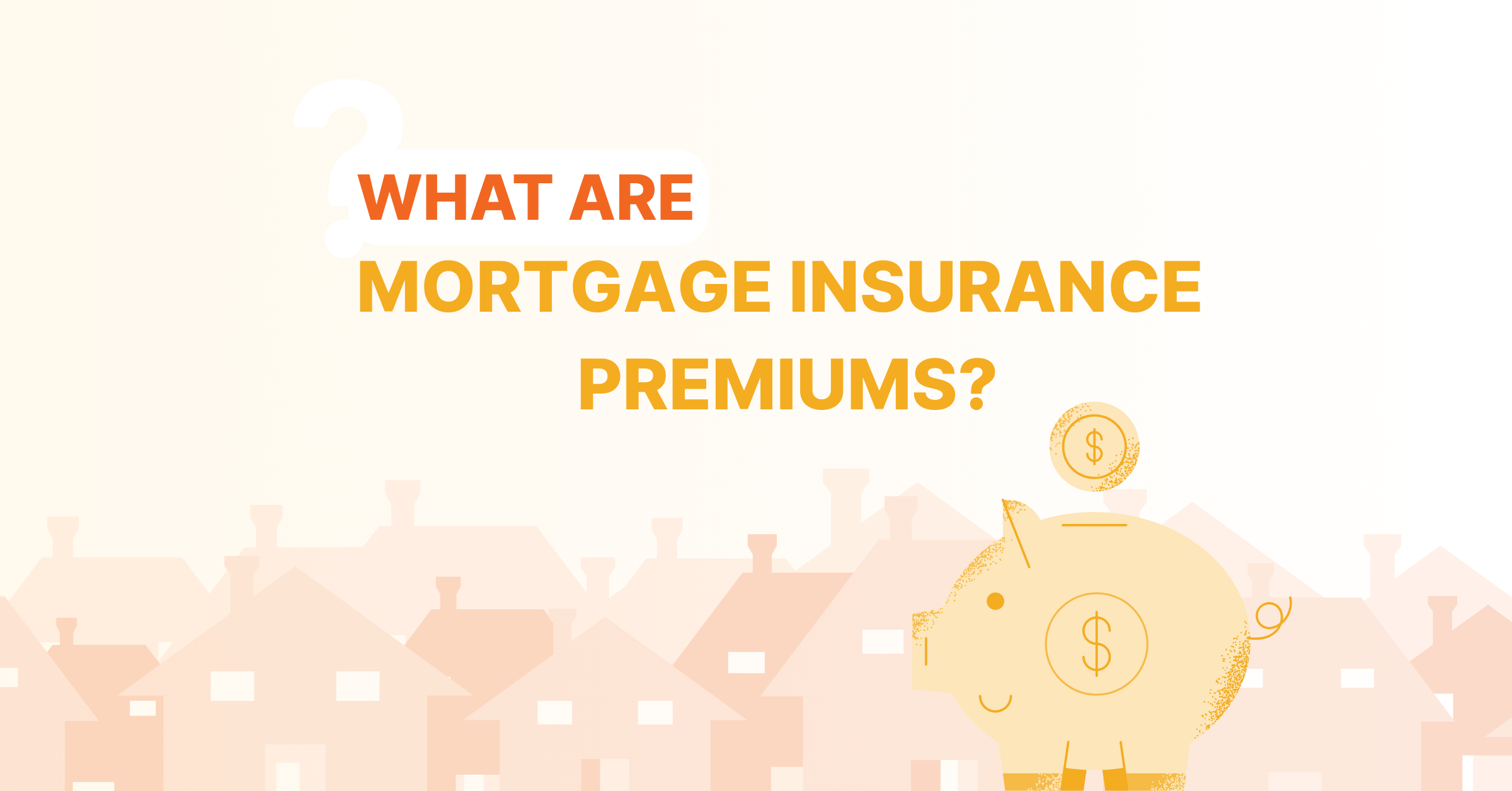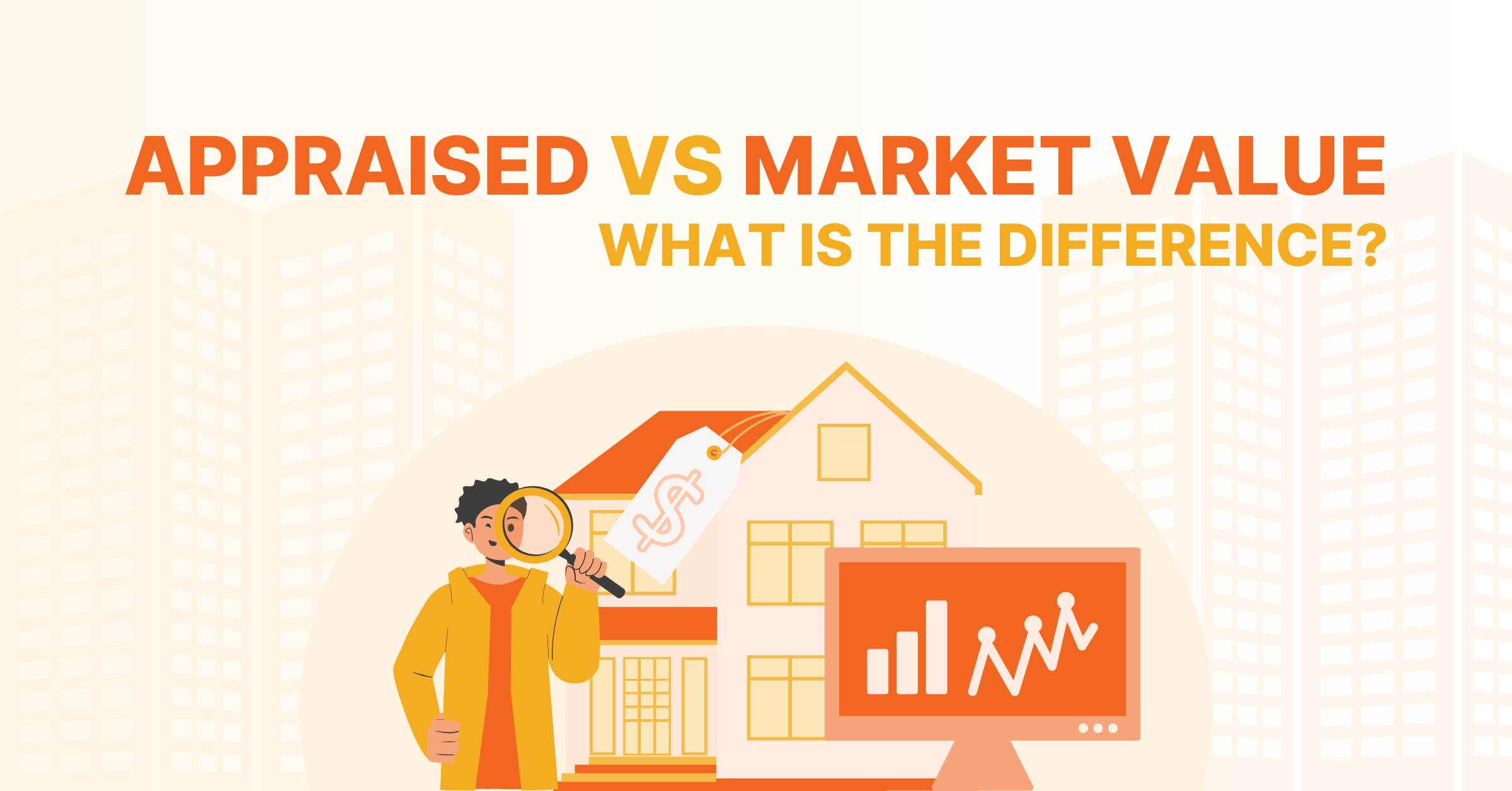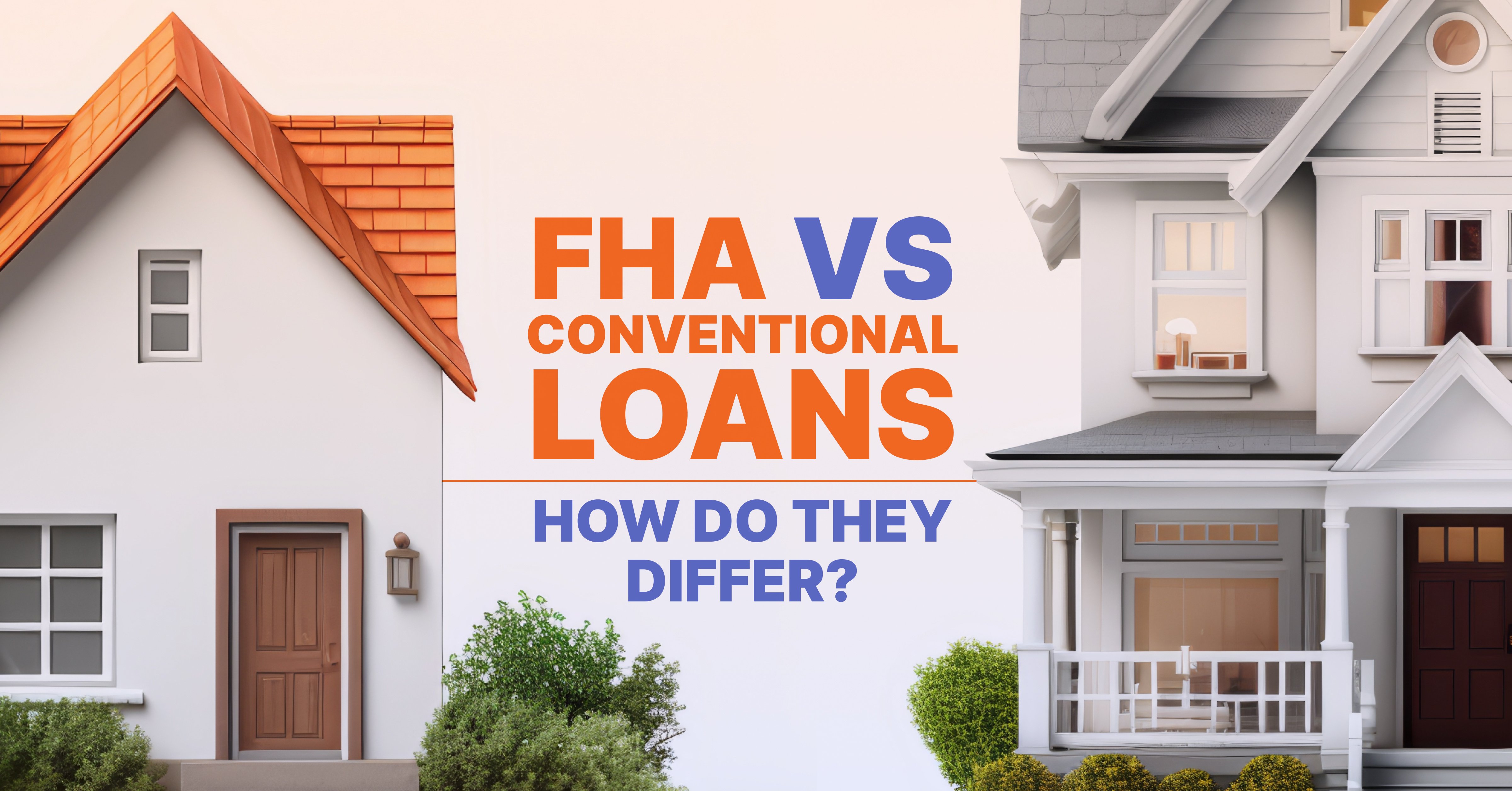Important: PropStream doesn’t offer legal advice. Before attempting a double closing, we recommend thoroughly researching laws around the practice in your area and consulting a legal professional.
If you’re a new or experienced wholesaler, you’ve likely encountered the phrase “double closing” in your real estate research. But what exactly is a double closing? What are its benefits and drawbacks? And how do you finance it? Here’s what you need to know.
Table of Contents
- What is a Double Closing?
- Pros and Cons of Double Closings
- When is Double Closing Useful in Wholesaling?
- Financing Options for Double Closings
- Legal Considerations for Double Closing
- Find Your Next Wholesaling Deal
What Is a Double Closing?
In wholesaling, a double closing is two separate yet simultaneous purchase and sale transactions on a home. The homeowner first sells the property to the wholesaler, who turns around and immediately sells it to the end buyer—often on the same day.
With a wholesale real estate contract, a wholesaler usually pays a small upfront deposit on a home and then reassigns the contract to an end buyer for a fee. In contrast, a double closing requires a wholesaler to buy the property before selling it at a higher price. This allows them to keep the profits private from the original seller and end buyer. However, it also requires more work to coordinate both closings and get financing for the property.
Double Closings in Wholesaling: Pros and Cons

Before setting up a double closing for a wholesale real estate deal, it’s important to research whether it’s the right strategy for you. Let’s briefly examine the pros and cons of a double closing before going deeper into some of these points.
Pros:
- You can keep your profit private from the seller and the end buyer.
- You don’t typically need a real estate license.
- The seller and buyer get more privacy, which may help you maintain good relationships with both.
- It may help you avoid the legal difficulties of reassigning contracts in certain states.
Cons:
- Coordinating both transactions can be tricky.
- You have to pay closing costs twice.
- You may need to take out a loan to buy the home before selling it.
- Double closings (or certain types of financing they require) aren’t legal in every area.
When Is a Double Closing Useful in Wholesaling?
Double closings are worth considering if you’re dealing with distressed properties, motivated sellers, or other situations where you can negotiate a great deal. If your profit is higher than the seller or buyer might think is appropriate, keeping the financials hidden can help you maintain good relationships with them.
Double closings are also helpful if you don’t have a real estate license. In some states, it’s illegal or challenging to reassign contracts without a license. In double closings, title companies are typically involved and can help ensure all your paperwork is in order.
Financing Options for Double Closings

Unless you have enough cash in savings, you’ll need to find a way to finance your double closing. Fortunately, you have several options:
Single-source funding: This method allows you to use the end buyer’s funds to purchase the house. To do this, you must disclose it to the end buyer in your contract. While this method may be easier than getting a loan, it’s become less common since the 2008 real estate crisis.
Transactional funding: Also called same-day funding or flash funding, transactional loans rely on the quality of your deal rather than your personal income and credit. Expect to pay a flat fee plus a percentage of the loan.
Short-term personal loan: These loans are unsecured—meaning they don’t require collateral—and typically must be repaid within two years or less. Because of that, they often have stricter requirements for your income, debt-to-income ratio (DTI), and credit score. They also tend to come with higher interest rates.
Hard money loan: These short-term, nonconventional loans typically close quickly, which can be ideal for wholesaling. That said, they require collateral (usually the house you’re wholesaling), so if you can’t repay the loan, the lender can take the property. They, too, often have higher interest rates.
Legal Considerations for Double Closings
State laws surrounding double closings vary, so be sure to research local regulations. Check your end buyer’s financing, too, since some options—such as FHA or VA loans—won’t fund the buyer’s purchase unless you’ve owned the home for a certain period. (This is called “title seasoning.”)
It’s also critical to disclose property details and any potential liens in the contract and throughout the loan approval process. Omitting these important details or misrepresenting financial information could be considered mortgage loan fraud.
Lastly, if the end buyer falls through, you don’t want to be stuck with a loan from the initial purchase. Consider hiring a legal professional to help craft contracts that protect you financially on both ends of the double closing.
Find Your Next Wholesaling Deal
Double closings may help you maximize your profit in wholesaling, but the first step is finding quality wholesale leads.
You can use a reliable real estate data platform to find motivated sellers and distressed, off-market properties. For example, PropStream’s search filters and Lead Lists allow you to locate pre-foreclosures, pre-probate properties, and homes being sold due to divorce or bankruptcy.
Start your free 7-day PropStream trial to find real estate leads—and your next wholesaling deal!



